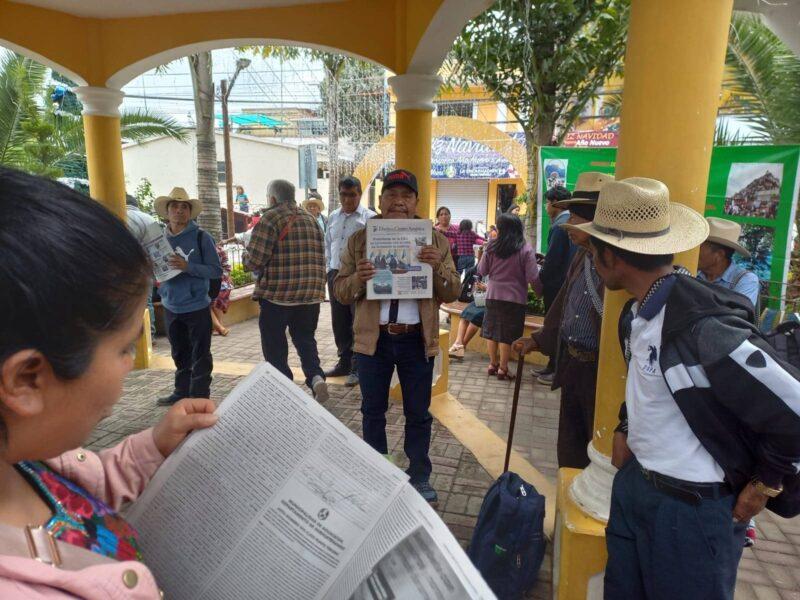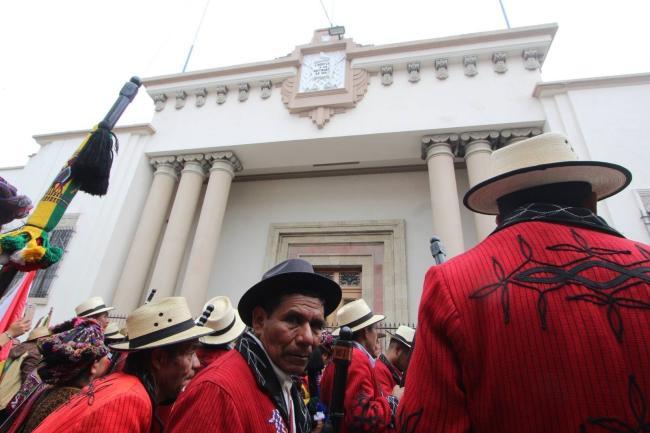For the past five years, IRTF has played an active role in the international campaign to support the Guapinol River defenders in northern Honduras. They are up against some mighty players with interlocking ownerhip: Emco Holdings (thermal electric generation), Inversiones Los Pinares (iron oxide mine), and Ecotek (pelletizing plant). Some principle owners include family members of the longstanding oligarchy. Ana Facussé, daughter deceased land baron Miguel Facussé, and her husband Lenir Pérez (currently residing in Florida and under investigation by the FBI), are the owners of Inversiones Los Pinares and have financial stakes in the other companies.
Environmental defenders like Carlos Leonel George have been falsely criminalized, stigmatized, and imprisoned. He was already previously criminalized and imprisoned (falsely) in 2019 for his active participation in the organized environmental defense movement led by the Municipal Committee for the Defense of Common and Public Goods of Tocoa (CMDBCPT). On January 28, he was detained again on an old arrest warrant. This recent illegal arrest signals a reactivated campaign against environmental defenders leading up to the request of renewal by Inversiones Los Pinares for its mining concession.


